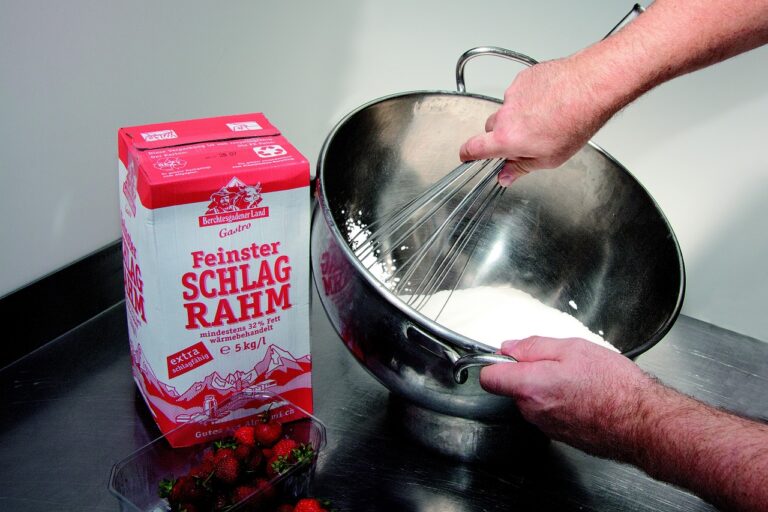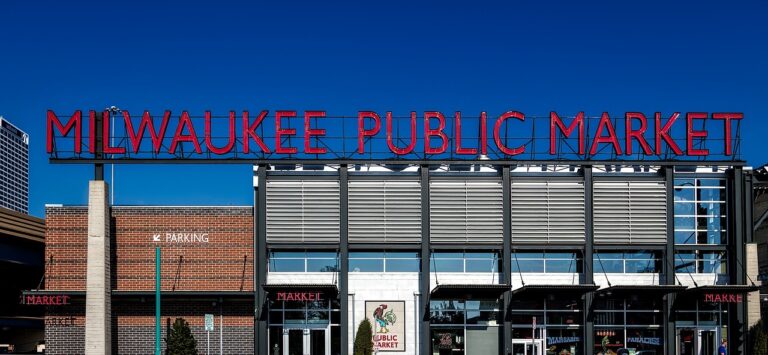From Farm to Table: The Rise of Ethical Food Shopping Practices
Throughout history, ethical food shopping practices have evolved in response to changing societal values and economic conditions. In ancient civilizations, people often traded for food within their local communities, prioritizing sustainability and supporting their neighbors. As societies became more interconnected through trade routes and colonization, the ethical considerations of food shopping expanded to encompass issues of fairness, labor conditions, and environmental impact.
The Industrial Revolution marked a significant shift in food production and consumption, leading to the rise of mass-produced and packaged foods. This era saw the emergence of concerns about food safety, worker exploitation, and the depletion of natural resources. Ethical food movements began to gain traction as consumers demanded greater transparency in the food supply chain and sought out alternatives that aligned with their values of sustainability and social responsibility.
• In ancient civilizations, people traded for food within their local communities
• Prioritized sustainability and supporting neighbors
• As societies became more interconnected, ethical considerations expanded to fairness, labor conditions, and environmental impact
• The Industrial Revolution marked a shift in food production to mass-produced and packaged foods
• Concerns arose about food safety, worker exploitation, and depletion of natural resources
• Ethical food movements gained traction as consumers sought transparency in the supply chain
Understanding the Impact of Food Choices on the Environment
When it comes to making food choices, many people often focus solely on taste, convenience, and cost. However, it is crucial to also consider the environmental impact of the foods we consume. The production, transportation, packaging, and disposal of food all play a significant role in contributing to environmental issues such as greenhouse gas emissions, deforestation, and water pollution.
By choosing foods that are sustainably produced, organic, and locally sourced, individuals can help reduce their carbon footprint and support practices that are less harmful to the environment. Making more conscious food choices can also lead to a healthier planet for future generations, as sustainable farming methods can help preserve biodiversity, protect ecosystems, and promote soil health.
The Benefits of Supporting Local Farmers
Supporting local farmers is essential for not only bolstering the community’s economy but also for promoting sustainability within the food industry. By purchasing locally grown produce and goods, consumers can reduce the carbon footprint associated with transporting food over long distances. This practice helps to lower greenhouse gas emissions and supports a more eco-friendly way of living.
Additionally, supporting local farmers fosters a sense of connection between consumers and the source of their food. When individuals have a direct relationship with those who grow their food, they can ask questions about farming practices, learn about where their food comes from, and gain a deeper appreciation for the effort that goes into producing high-quality, fresh ingredients.
Why is it important to support local farmers?
Supporting local farmers helps stimulate the local economy, promotes sustainable farming practices, and reduces the carbon footprint associated with transporting food long distances.
How can buying from local farmers benefit the environment?
Buying from local farmers reduces the need for long-distance transportation, which in turn reduces greenhouse gas emissions and helps preserve local ecosystems.
What are some ways to support local farmers?
You can support local farmers by shopping at farmers markets, joining a community-supported agriculture (CSA) program, or seeking out restaurants that source their ingredients locally.
How can supporting local farmers improve food quality?
Local farmers often prioritize quality over quantity, so by buying from them, you can enjoy fresher, more nutritious produce and meat.
Is it more expensive to buy from local farmers?
While some local and organic products may be priced higher than conventional options, the long-term benefits to your health, the environment, and the local economy make it a worthwhile investment.







